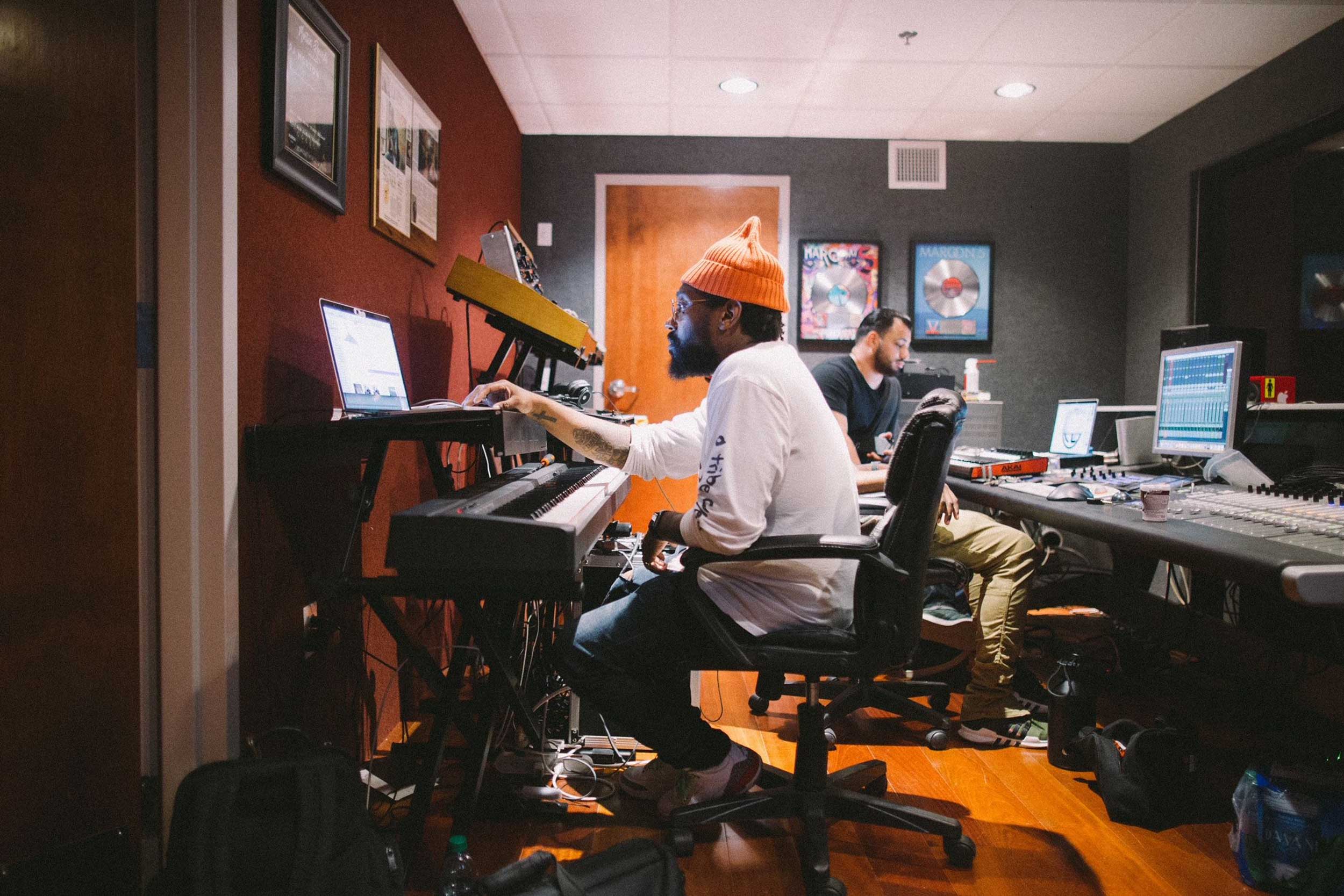
There are gaps in New Orleans music industry. The city hopes to fill them
New Orleans’ music has long enriched the city’s culture. Now, local business leaders look to find out how much more money can be made from it, too.
In a new initiative announced by the regional economic development organization Greater New Orleans Inc. on Thursday (Jan. 24), an effort begins to explore options for bolstering the city’s business support for its biggest cultural export. The project, dubbed New Orleans Music Economy, starts with a $150,000 study paid for by private donations to assess what specific gaps exist in the local music industry, to pin down what’s already here and to develop a plan drawing more business to support it.
Some of those gaps are already obvious, especially when you take a look at examples of recently successful New Orleans bands. Many locally-born artists, like Trombone Shorty and The Revivalists, are managed, booked and represented by out-of-state teams. In a GNO Inc.-provided graphic, The Revivalists serve as an example, noting 10 percent of the take on that band’s booking fees goes to out-of-state agencies, and 85 percent of its record sales goes to an out-of-state label.
“That’s hundreds of thousands of dollars” not being spent in New Orleans, GNO Inc. President and CEO Michael Hecht said. “Music is big business, and because New Orleans music has been largely too limited to date to festivals and live performance, we’ve been missing out on a lot of the business of music.”
Opportunities already exist to bolster the city’s stock of entertainment lawyers, agents, recording labels, publishers and intellectual property management.
“Music intersects with all of the industries we’ve been striving to grow, from film, TV, video gaming and, recently, technology. All of that requires intellectual property management,” explained GNO Inc. former board chair Tara Hernandez.
Though Nashville’s initial music industry growth spurt came on the strength of country music, it’s too simple to consider that alone. In recent years, ancillary businesses that bolster that industry have grown quickly, like the companies that create T-shirts for major tours or those producing the tour buses themselves. Meanwhile, the city itself is more affordable than the traditional media centers of Los Angeles and New York, which makes picking up studio or even warehouse space a more feasible endeavor.
According to an impact study commissioned by Nashville city officials in 2013, earnings for music industry jobs there were 30 percent higher than in New Orleans in 2012 — even while the overall average household income in New Orleans that year was 17 percent higher than Nashville, according to American Community Survey data.
“We have too much food here for anybody to be a starving artist. It hurts me to see artists have to leave here to go to a Nashville, to go to an Atlanta or Los Angeles,” said DJ Raj Smoove, a local producer and artist. “Our artists should be able to provide for themselves by their craft in their city beyond the live music we’re known for.”
Creating “legacy value income streams” is a primary goal of the New Orleans Music Economy initiative, Hernandez said, whereas now the city is known for its “gig economy.”
The U.K.-based strategic consulting firm Sound Diplomacy will take about a year to complete the study and develop recommendations, according to its founder and president Shain Shapiro.
“No artist can do it alone. They need lawyers, publishers, managers, marketing — it’s a whole eco-system and economy that develops just from music,” DJ Raj Smoove said. “We’ve always been known for our music in New Orleans. It’s about time we’re known for our music industry.
To read the full article click here

